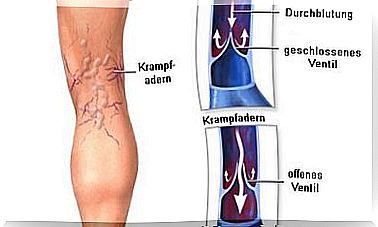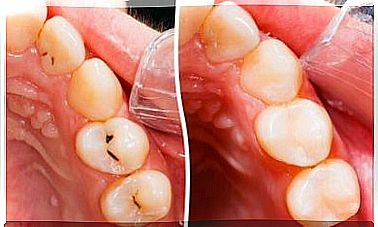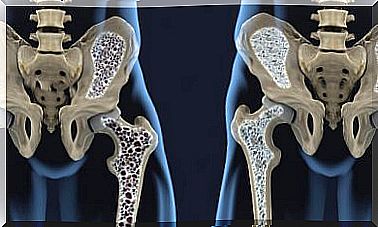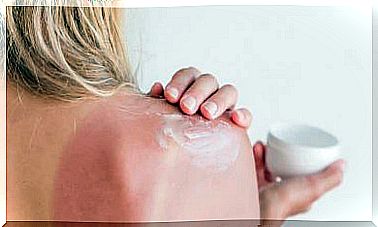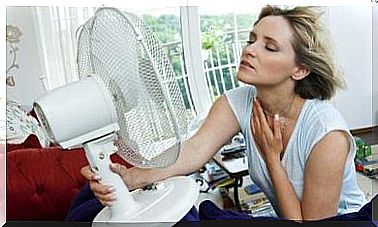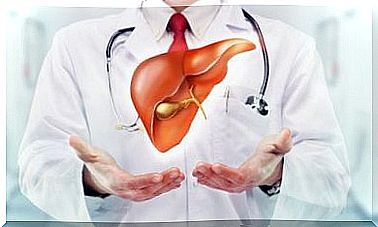Heart Health During Menopause
With the onset of menopause, increased risk factors arise that can trigger heart disease. It is therefore important to maintain good habits for heart health.

Menopause itself does not normally cause any heart disease. But the risk increases at this age. Of course, other factors such as diet, smoking and unhealthy habits also play an important role. Learn more about menopausal heart health today .
The risk of heart disease increases with age. In women, however, symptoms can be more pronounced after the onset of menopause.
The average age at the onset of menopause is 45 years and is also known as perimenopause. In women, heart attacks increase 10 years after the onset of menopause.
Heart disease is the leading cause of death in women. One in three adult women has heart disease.
The link between menopause and heart health

Menopause occurs when a woman stops getting her period. This is a natural process that women experience around the age of 50. But menopause can also come earlier.
During menopause, the ovaries stop producing estrogen. This is a hormone that controls the menstrual cycle. Estrogen can also help keep blood vessels strong and supple.
Remember, menopause doesn’t cause heart disease. However, their occurrence increases the risk factors that heart disease can develop.
The following risks may arise during menopause:
- High blood pressure
- Higher LDL levels or “bad” cholesterol
- Lower levels of HDL or “good” cholesterol, which regulates some of the “bad” cholesterol levels
- High levels of triglycerides (blood fat)
There may be an association between estrogen and a lower risk of heart disease and stroke (before menopause).
However , doctors do not recommend the use of estrogen in order to prevent heart disease after the menopause.
Symptoms of heart disease in women

The risk of heart disease for both men and women increases with age.
But you may think that some of the symptoms are normal and simply related to getting older. However, this is not necessarily the case. It is therefore important that you make a doctor’s appointment if you notice any of the following:
- Difficulty breathing
- Chest pain
- Palpitations
- Tiredness and exhaustion
- Swollen feet or ankles
Also note that the symptoms of a heart attack can vary between women and men.
Most women experience chest pain, arm pain, or shortness of breath. Other symptoms are mild and can include the following:
- Chest pain or pressure that comes and goes
- Sweat
- nausea
- Dizziness or lightheadedness
- Pain in the jaw, neck, arm, or back
- Excessive tiredness
What you can do for heart health during menopause

However, you can actively help reduce the risk of heart disease in old age. So it is recommended that you introduce healthy habits early on.
Here are a few recommendations to help maintain your heart health during menopause:
- Choose a high-fiber, healthy diet and also cut down on salt, sugar, and processed foods.
- Fresh fruits and vegetables, whole grains, lean proteins, and low-fat dairy products can all play an important role in keeping your heart healthy.
- Do physical activity regularly. The American Heart Association recommends that you do at least 30 minutes of moderate-intensity physical activity at least five days a week. This can be walking, cycling, dancing, or gardening.
- Avoid tobacco use or quit smoking completely. No matter how long you’ve smoked, it’s never too late to stop.
- Find healthy ways to manage stress. Find a hobby, try meditation or yoga, and make sure you get enough physical activity.
- Get treatment for your depression. Some studies have shown that middle-aged women with depression are twice as likely to have a stroke.
- Go to the doctor regularly. Check-ups keep an eye on the risk factors. They also give you the opportunity to talk about symptoms and enable early treatment.
Remember, menopause is not a disease. It is a natural phase in every woman’s life cycle. And since this phase is linked to risk factors, it is important that women assess their menopausal health carefully.

